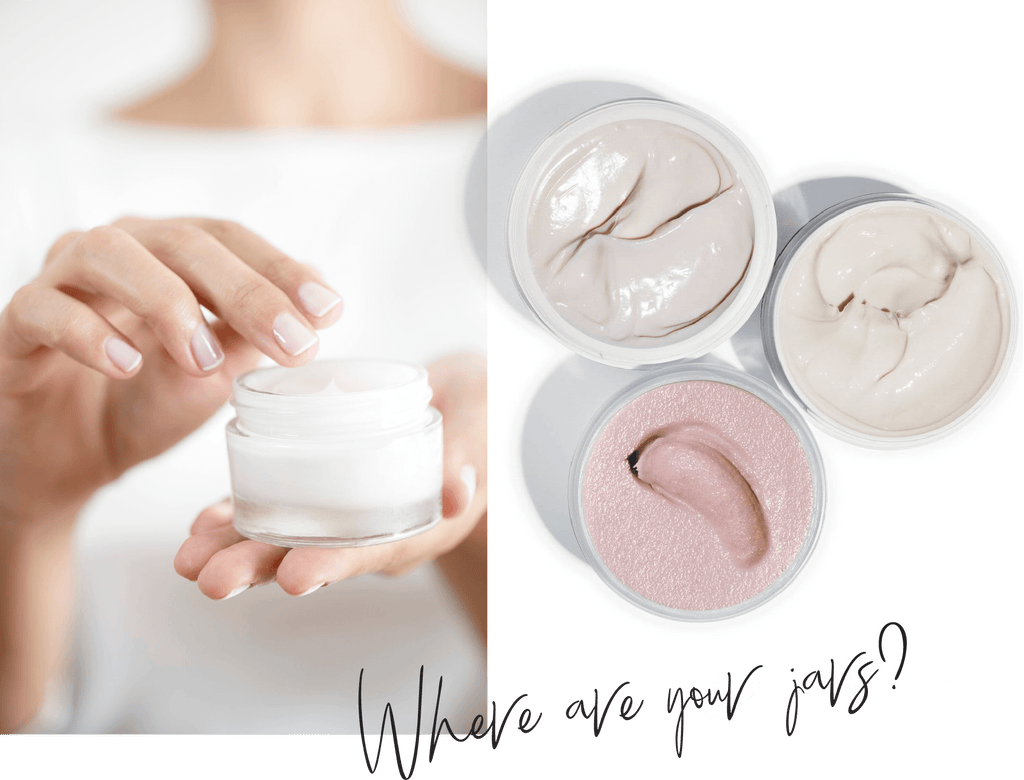Your Cart is Empty
Free shipping in Canada on orders over $150.
Free shipping in Canada on orders over $150.
Shop
Where are your jars?
October 26, 2018

Many question us as to why we don’t use beautiful jars. Honestly, I get it; however stability-proof packaging is vital if the formula is to work as effectively as it possibly can for your skin.
Moisturizer textures can be so luscious and tempting! But it's not really a good idea to stick your fingers into a jar. Doing so, can contaminate the formula with bacteria that is invisible to the naked eye. Even if you've just washed your hands (one in three people carry the staph virus on their skin!), and even if the formula contains preservatives (which may not be strong enough to overcome a colonization).
Bacterial contamination can be a trigger for acne, irritation and infection. If you're prone to atopic dermatitis/eczema, you should be especially careful, as staph is the most common bacterial trigger. Bacteria can also change the pH of the formula, potentially rendering it less stable and less effective.
All of this is especially important if you're using natural or GREEN products, which tend to use fewer preservatives. YOU absolutely need to make sure there's at least something in there to preserve it! Anything that contains water (which is most moisturizing creams) should NOT be "preservative-free."
Research makes it clear that many of the best ingredients for skin, including antioxidants and age-management ingredients like Vitamin C and retinol easily breakdown in the presence of air (oxidization). Essentially, opening a jar lets air in, causing these important ingredients to begin deteriorating, becoming less and less effective with each use.
Some of the most fragile ingredients for oxidation include:
- Vitamin C
- Retinol
- Green tea
- Polyunsaturated oils
Either way, no matter which ingredients and packaging you choose, don't hang onto your products forever. Any creams older than one year should be recycled, and your most active products, like vitamin C and retinol, should be used up within 6 months!
Leave a comment
Comments will be approved before showing up.




